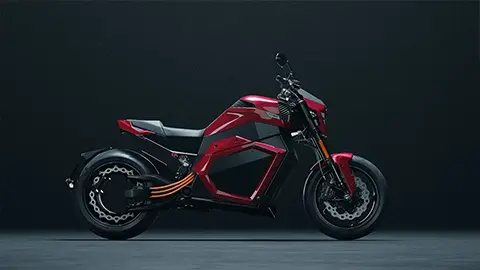Interest in EVs Drops as Choices Increase
For the last couple of years, interest in, and sales of, electric cars have been on a steep rise. 2023 is set to be the first year in history where electric car sales eclipse one million units, and at the end of 2022, EVs accounted for over 5 percent of U.S. vehicle sales, a new record. Buyers now have more electric car options than ever before, and there are attractive financial incentives available. But a recent study by Ipsos suggests that after years of growth, interest in EVs has started to wane.

Younger Buyers Less Interested in EVs?
If true, this reversal couldn’t come at a worse time; auto manufacturers are launching new EVs at a rapid pace while government and private enterprise pour billions into improving charging infrastructure. Interest in electric cars should be growing as rapidly as the choice – but Ipsos’ Navigator study showed that 48 percent of survey respondents were considering an EV for their next vehicle, a small drop from 49 percent in 2022. More worryingly, younger buyers, who generally have the highest rates of EV consideration, dropped by 7 percent, while older buyers only dropped by 2 percent.
The reasons for waning interest are familiar ones. Battery life continues to be the top reason buyers aren’t interested in EVs, followed by concerns about recharging time and driving range. Respondents were also concerned about the potential replacement costs for battery packs. Affordability was the number-five concern, but notably, the number of respondents citing affordability as an issue jumped by 8 percent – more than any other issue.

Understanding New Federal Tax Credits
One potential reason for affordability concerns is a lack of understanding of the new federal tax credit structure. Under the U.S. Inflation Reduction Act, tax credits were re-structured; while they once again included manufacturers who had become ineligible, they also established price caps as well as income restrictions. Not all EV buyers are eligible for rebates, and EVs must meet more stringent criteria for local production and materials. More importantly, the rules are not that easy to understand, making the true cost of owning an electric vehicle harder to calculate. (Fortunately, GreenCars can help: our EV incentive tool shows you exactly what you qualify for based on your location, income and the vehicle you are considering.)
Ipsos says that the increased level of regulation is coming at the worst time, limiting the potential impact of the new incentives and limiting customer choice. Ipsos also says that the restrictions send the wrong message – “trying to push consumers away from traditional internal combustion engines rather than a more attractive pull toward BEVs.”
Accessibility of public charging was also an important consideration for potential EV shoppers. While most BEV owners charge daily or weekly, and often at home, those that don’t yet own an electric car have high expectations for charging accessibility. In fact, 73 percent say they need more public charging stations in their area. And while the public charging infrastructure in the U.S. is growing rapidly, reliability of public chargers has declined, creating apprehension towards an EV purchase.

More Electric Vehicle Education Needed
The bottom line on Ipsos’ study is that more education is needed to increase EV consideration. Those that are looking at electric cars as a viable option need to truly understand where and how they will charge regularly; they need access to transparent and easily-understood ownership costs; and clarity and simplicity are needed for government incentives.
For those that have never driven or owned an EV, these post-purchase challenges might prevent them from switching or becoming advocates. On the other hand, increased education could drive a more optimistic climate for the push towards BEVs, accelerating our transition to a more sustainable future.
















